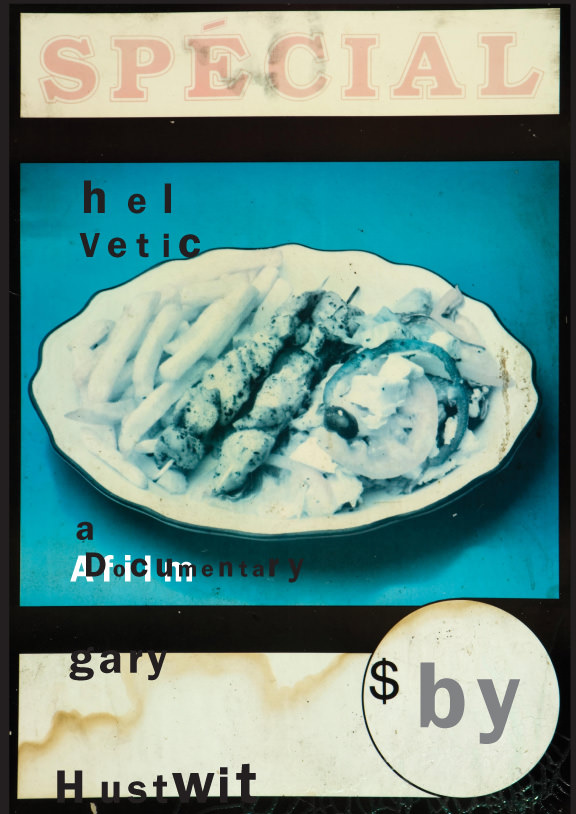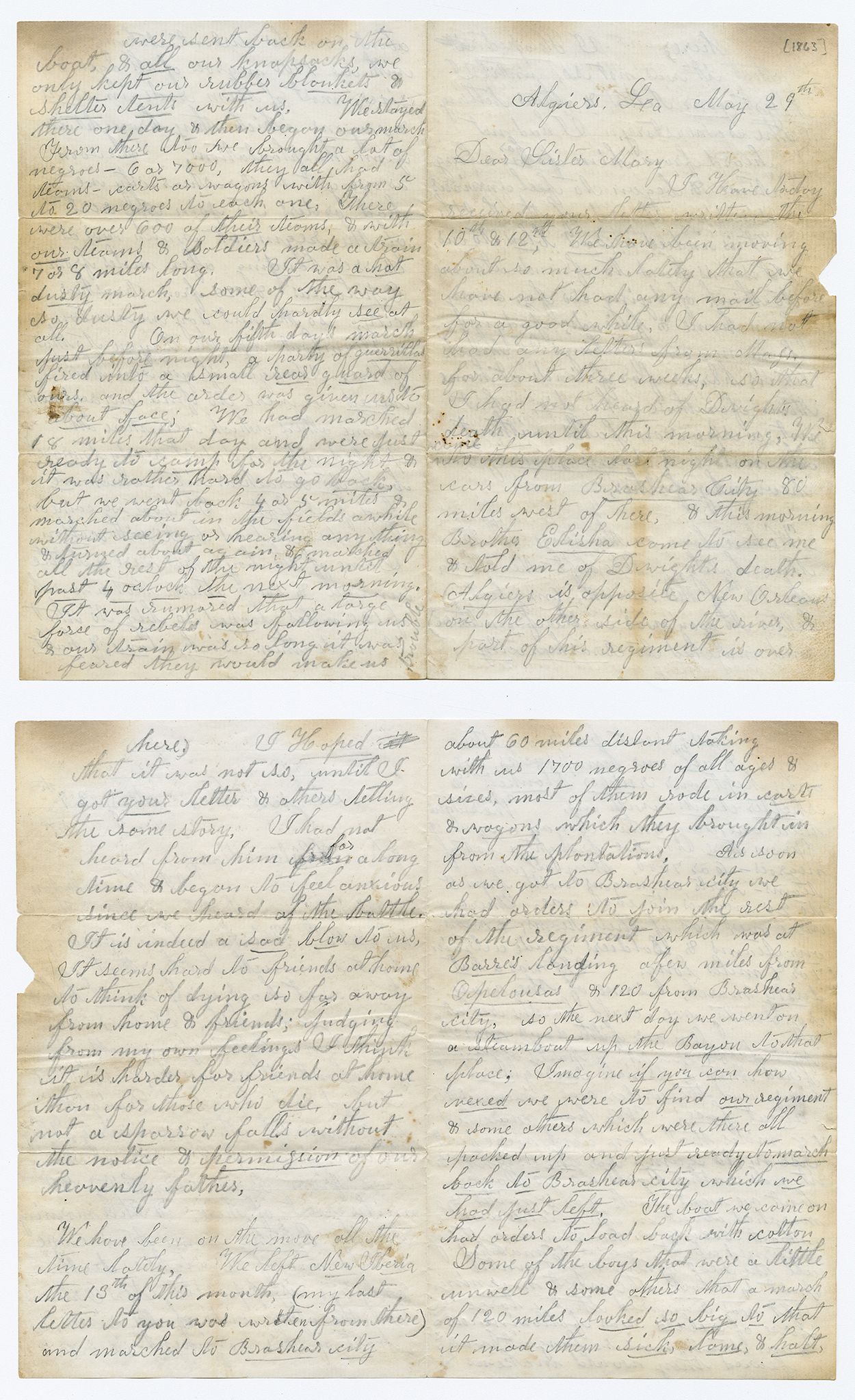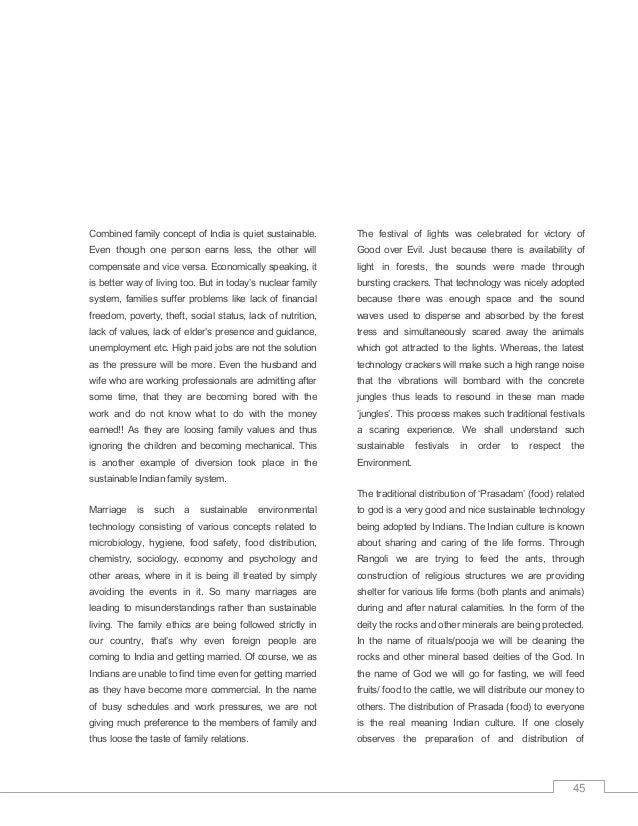The Dangers of Science in Frankenstein by Mary Shelley Essay.
The Dangers of Science in Mary Shelley's Frankenstein Mary Shelley's novel Frankenstein cannot merely be read as a literary work of the early 19th century. It represents the workings of young Shelley's mind. Further, it represents the vast scientific discoveries of the time, combined with Mary Shelley's intuitive perception of science. She views science as a powerful entity, but also.
The Dangers of Science in Frankenstein by Mary Shelley Essay. Paper Type: Essay; Subjects: British Literature (314) Literature (2874) Pages: 4; Words: 1157; Introduction. Mary Shelley is one of the most timeless novelists ever to grace the fields of writing. Her works looked into the future and the problems that science might bring upon humanity. She was born Mary Wollstonecraft Godwin in 1797.
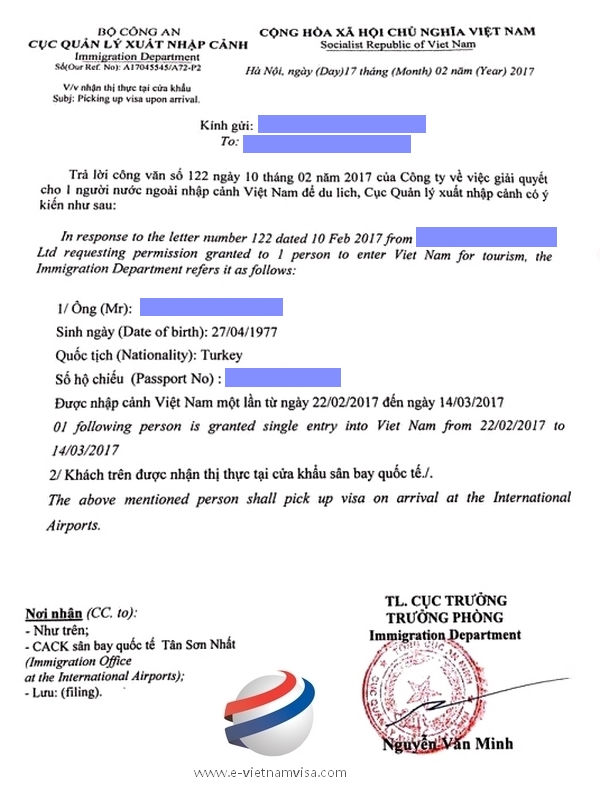
To combat science, Mary Shelley used romanticism as a topic of Frankenstein because she felt science would take over the minds of her time. The Science of Frankenstein introduced Mary Shelley’s writing with the belief of Romanticism. “Romanticism emphasized emotion and sensation over abstract reason, the subjective and personal over the objective and the irrational over the rational.
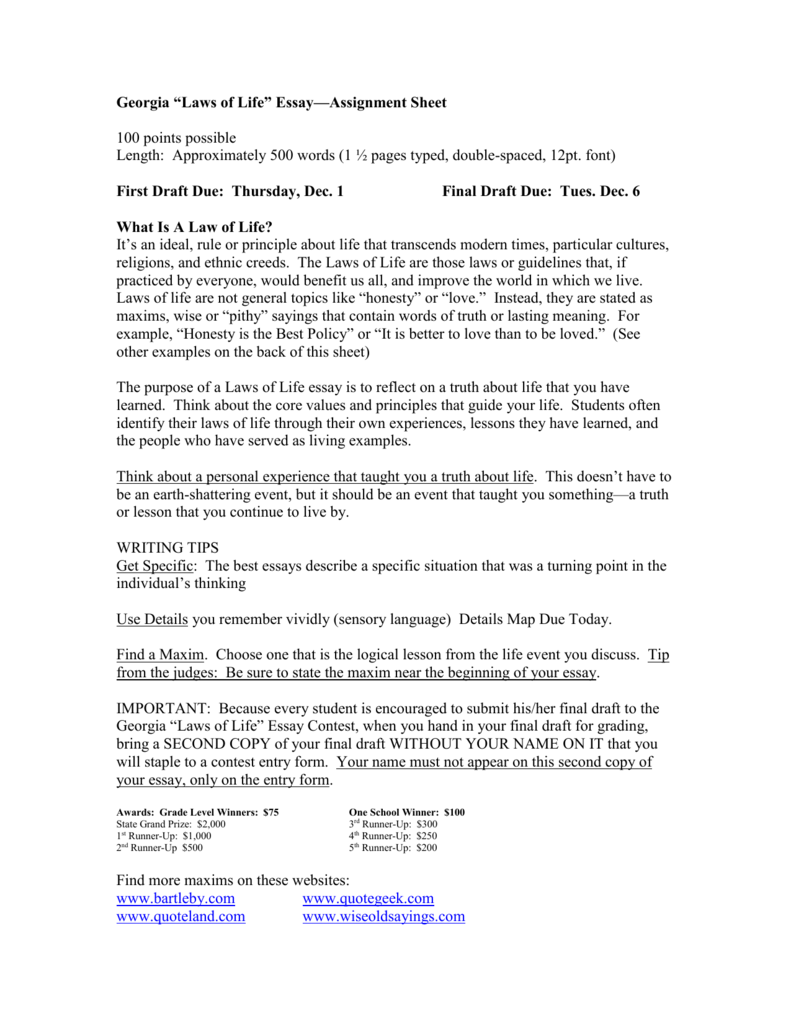
Frankenstein’ serves as a warning to others of the power of science and creates a sense of fear in the audience. One of the key ways Shelley creates this fear is through the juxtaposing references to nature, helping to serve as a warning. In the midst of Chapter Four, when Victor is engrossed in his work, a paragraph is added describing the beauty and nature around him. Through describing.
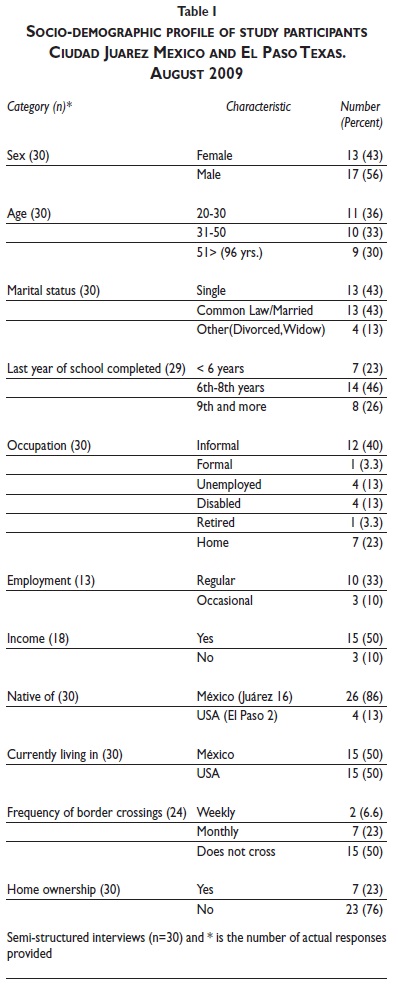
Excerpt from Essay: Frankenstein and Enlightenment The Danger of Unregulated Thought in Frankenstein Mary Shelley's Frankenstein; Or, the Modern Prometheus, considered by many to be one of the first science-fiction novels written, is rife with anti-Enlightenment undertones.Shelley's novel, first published in 1818 and republished in 1831, examines the roles of science and religion, and.

Frankenstein is the first science fiction novel; it both praises and denounces science and the scientist. In addition, it presages the cloning and genetic engineering realities of modern science.

In conclusion, Dr. Victor Frankenstein became a founder for the successes in medical science today. He should not be criticized for playing God and tamperin. Pages: 4. Words: 812. View full sample. Imagination vs. Obsession in Mary Shelley’s Frankenstein.Finally, the scientist knows he lost touch with reality and needs to ease the load in his mind after creating the monster. In the.

Excerpt from Essay: Frankenstein's Influence On Science And Medicine The scientific concepts presented in Mary Shelley's Frankenstein helped introduce the public to concepts that would revolutionize the fields of science and medicine.

Frankenstein has an opportunity to be happy, but the monster is never given the chance. “This presents Shelley’s argument that when you allow things such as science to get in the way of your true needs, such as love, you will not live a life worth living. Frankenstein and his monster are both miserable because they both live their life.
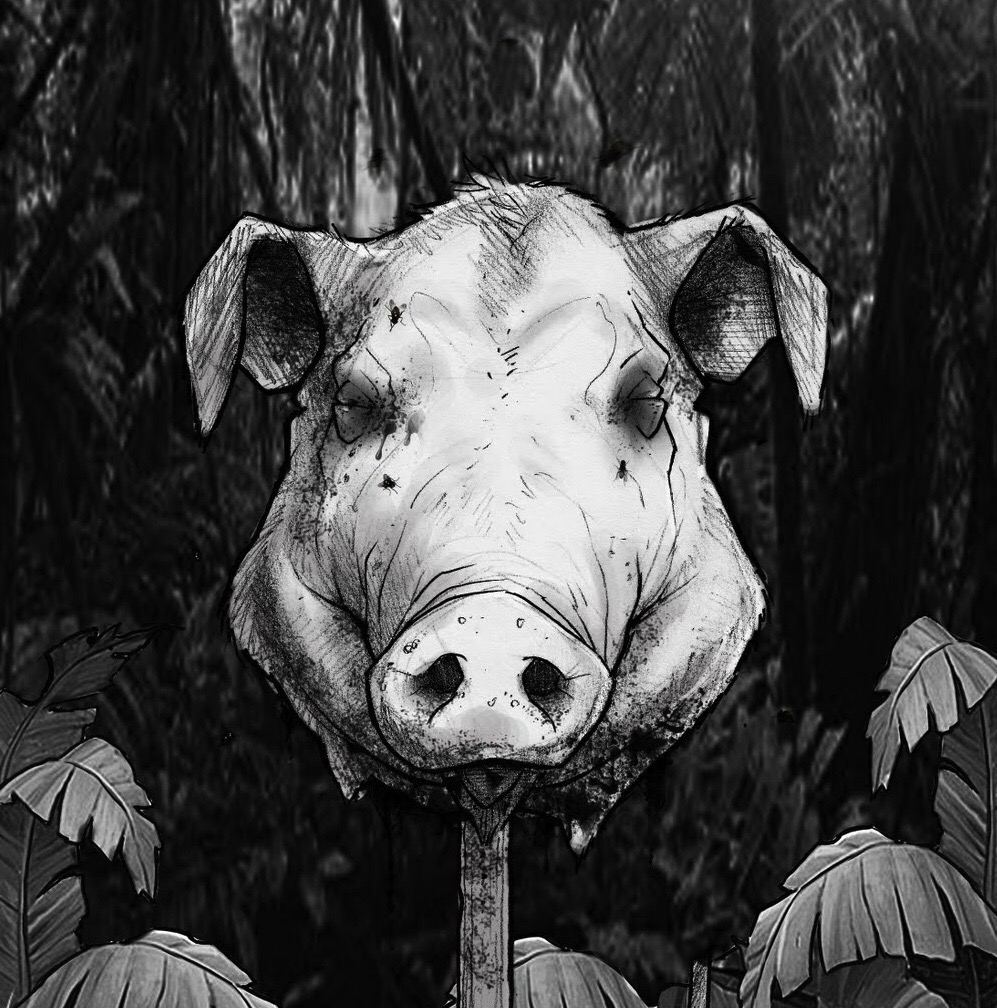
Examples of Frankenstein Essay Prompts Derived From the Novel. Essay prompts from the novel can emerge from a wide range of aspects. Here are some of the prompts: Science is portrayed in a bad light in the novel “Frankenstein”. The author implies that the direction that the civilization moves in is determined by what it understands about power. Analyze this statement in relation to the.

In Frankenstein, Victor embodies the concept of unrestrained science. He is allured by the power and potential of science from a very young age. In spite of its lack of credibility, Victor develops a strong interest in alchemy, which focuses on harnessing the powers of science for personal gain. When he learns how to animate non-living material, he becomes obsessive, working non-stop to.

Essay; Critical Theory; English Periods. Frankenstein as a Science Fiction Mary Shelley's Frankenstein can be read from two main levels; as a science fiction and as human nature. The whole novel moves around the invention of a scientist and the result of it. Dangerous aspect of experience in the scientific field is the subject matter of the novel. Mary Wollstonecraft Shelley. The monster.
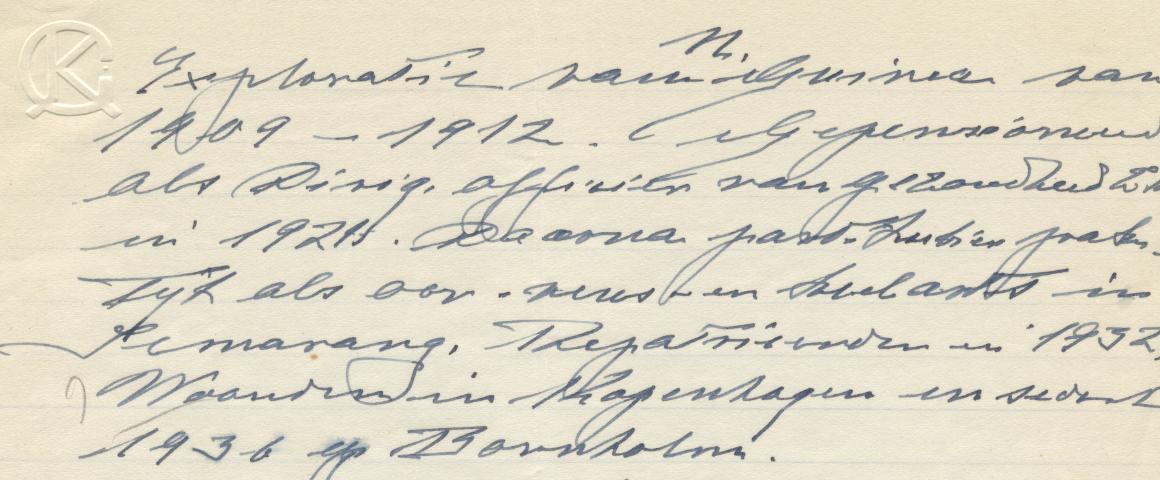
Science and religion have been at odds since back in Galileo’s day and maybe even before. The battle rages on even today with debates on cloning and stem cell research. These issues can be seen not only today’s literary works but also in the works from the years past. Two great examples of the past and present are: Mary Shelley’s Frankenstein and Dan Brown’s Angels and Demons. Both.
